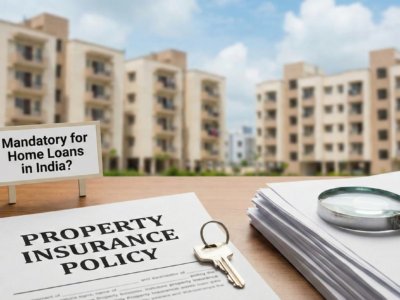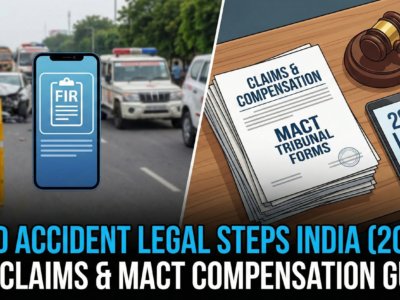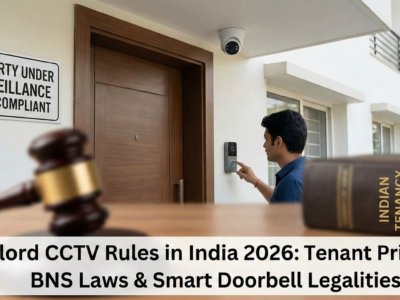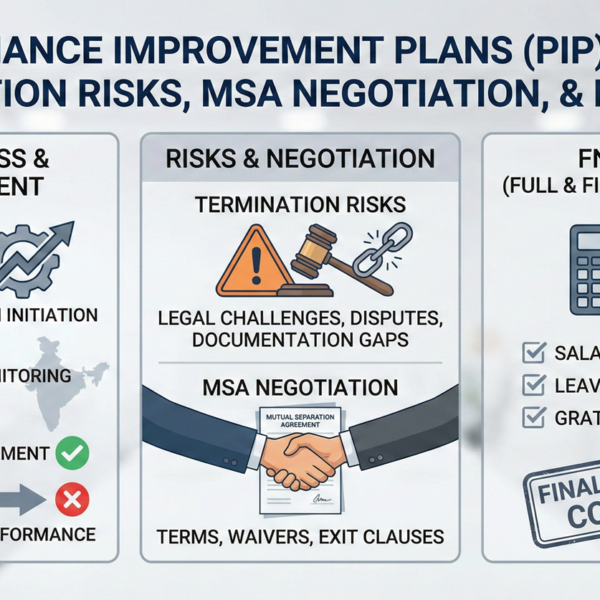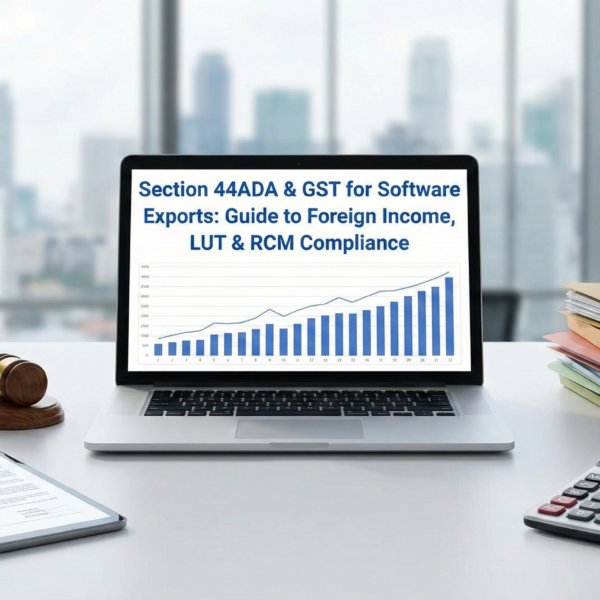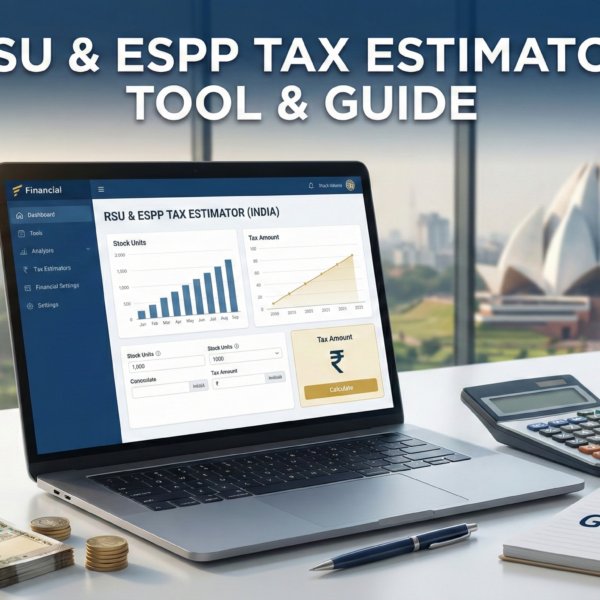Drunk Driving in India: Guide to Laws, Penalties & Your Rights
Driving under the influence in India is a serious criminal offense with severe consequences, especially after the 2019 Motor Vehicles Act amendment introduced harsher penalties. This guide breaks down everything you need to know about India’s drunk driving laws in 2025. From understanding the strict 0.03% Blood Alcohol Concentration (BAC) limit and the step-by-step roadside procedure to exploring state-wise alcohol rules and potential legal defenses, we provide the clarity you need. Use our interactive charts, filterable tables, and detailed flowchart to understand your rights and the full spectrum of penalties you could face.
Navigating Drunk Driving Laws in India
Driving under the influence is a serious criminal offense with profound consequences. This guide provides a clear analysis of the law, penalties, and your rights.
The Legal Limit is Strict
0.03%
Blood Alcohol Concentration (BAC)
(30mg of alcohol per 100ml of blood)
This is a strict liability offense. Exceeding this limit is illegal, regardless of whether you feel impaired or believe you are fit to drive.
The Anatomy of the Offense
The cornerstone of drunk driving legislation in India is Section 185 of the Motor Vehicles Act, 1988. It criminalizes driving or attempting to drive a motor vehicle with a Blood Alcohol Concentration (BAC) exceeding 0.03% or under the influence of drugs to an extent that renders the driver incapable of proper control.
What Happens During a Roadside Stop?
Note: This flowchart illustrates the standard procedure. The process can become more complex if an accident is involved, leading to additional charges under the Indian Penal Code (IPC) or Bharatiya Nyaya Sanhita (BNS).
The Spectrum of Penalties
The Motor Vehicles (Amendment) Act, 2019, significantly increased the penalties for drunk driving. The law distinguishes between first-time and repeat offenders.
Penalty Increase: Pre vs. Post 2019 Amendment
Penalty Matrix (Post-2019)
| Offense Type | Monetary Fine (₹) | Potential Imprisonment | Action on License |
|---|---|---|---|
| First Offense | Up to ₹10,000 | Up to 6 months | Suspension (min. 6 months) |
| Subsequent Offense | Up to ₹15,000 | Up to 2 years | Mandatory Cancellation |
The Hidden Penalties of a DUI Conviction
Permanent Criminal Record
A DUI is a criminal offense, not a simple traffic violation.
Employment Barriers
Can hinder job prospects, especially those requiring background checks.
Travel & Visa Issues
Can lead to visa denials for countries like the US, UK, and Canada.
Insurance Claim Denial
Insurers can reject claims for accidents caused while intoxicated.
State-Wise Alcohol Regulations
While the drunk driving law (Section 185 MVA) is uniform nationwide, the laws governing the sale and consumption of alcohol vary significantly from state to state. This creates a complex legal landscape. Below is a comprehensive guide to the legal drinking age and key alcohol regulations across India.
| State / Union Territory | Legal Drinking Age | Key Alcohol Regulations |
|---|---|---|
| Andaman & Nicobar Islands | 21 | Regulated sale. |
| Andhra Pradesh | 21 | State-controlled liquor sales. |
| Arunachal Pradesh | 21 | Regulated sale. |
| Assam | 21 | Regulated sale. |
| Bihar | Prohibited | Total prohibition since 2016. Strict penalties for possession/consumption. |
| Chandigarh | 25 | Regulated sale. |
| Chhattisgarh | 21 | Regulated sale. |
| Dadra and Nagar Haveli and Daman and Diu | 21 | Regulated sale. |
| Delhi | 25 | Strict regulations on sale timings and locations. |
| Goa | 18 | Liberal alcohol laws, widely available. |
| Gujarat | Prohibited | Prohibition since 1960. Permits available for non-residents. |
| Haryana | 21 | Regulated sale. |
| Himachal Pradesh | 18 | Regulated sale. |
| Jammu and Kashmir | 18 | Regulated sale. |
| Jharkhand | 21 | Regulated sale. |
| Karnataka | 21 (de facto) | Some ambiguity in law (18 vs 21), but 21 is generally enforced. |
| Kerala | 23 | Highest legal drinking age. Sales largely through state-run outlets. |
| Ladakh | 18 | Follows regulations similar to former J&K. |
| Lakshadweep | Prohibited | Prohibition, except on the tourist island of Bangaram. |
| Madhya Pradesh | 21 | Regulated sale. |
| Maharashtra | 21 (Beer/Wine), 25 (Spirits) | Requires a permit to purchase/consume, though rarely enforced. |
| Manipur | Partially Prohibited | Prohibition in some districts. Recent moves to lift ban. |
| Meghalaya | 21 | Regulated sale. |
| Mizoram | Prohibited | Prohibition re-imposed in 2019. |
| Nagaland | Prohibited | Total prohibition since 1989. |
| Odisha | 21 | Regulated sale. |
| Puducherry | 18 | Liberal alcohol laws, lower taxes. |
| Punjab | 25 | Regulated sale. |
| Rajasthan | 18 | Regulated sale. |
| Sikkim | 18 | Regulated sale. |
| Tamil Nadu | 21 | Alcohol sold exclusively through state-run TASMAC outlets. |
| Telangana | 21 | Regulated sale. |
| Tripura | 21 | Regulated sale. |
| Uttar Pradesh | 21 | Regulated sale. |
| Uttarakhand | 21 | Regulated sale. |
| West Bengal | 21 | Regulated sale. |
When DUI Leads to Accidents
If a drunk driving incident causes an accident, the case escalates to severe charges under the Indian Penal Code (IPC) and the new Bharatiya Nyaya Sanhita (BNS). Use the filters below to explore the charges.
Causing Hurt
IPC Sec 337
Imprisonment: Up to 6 months
Status: Bailable
Causing Grievous Hurt
IPC Sec 338
Imprisonment: Up to 2 years
Status: Bailable
Causing Death by Negligence
BNS Sec 106(1)
Imprisonment: Up to 5 years (Increased from 2 years under IPC 304A)
Status: Bailable
Culpable Homicide
IPC Sec 304
Imprisonment: Up to 10 years or Life
Status: Non-bailable
Hit-and-Run Causing Death
BNS Sec 106(2)
Imprisonment: Up to 10 years
Status: Non-bailable
Your Legal Shield: Rights of an Accused
Right to Know Grounds of Arrest
Right to Inform a Relative
Right to be Before Magistrate in 24 Hrs
Right to Remain Silent
Right to Consult a Lawyer
Right to Free Legal Aid
Constructing a Defense
While the laws are strict, a conviction is not automatic. The burden of proof lies with the prosecution, and a defense can be built by challenging the evidence and police procedure.
Challenging Breathalyzer Results
- Improper Calibration: A defense lawyer can demand the maintenance and calibration logs for the breathalyzer. If the device was not properly maintained, the results can be deemed unreliable.
- Operator Error: The police must follow a strict procedure, including a 15-minute observation period before the test to avoid contamination from "mouth alcohol". Failure to do so can invalidate the result.
- Medical Defenses: Certain conditions like GERD, diabetes, or even a keto diet can produce substances on the breath that lead to a falsely high reading.
Questioning Police Procedure
- Unlawful Stop: Police must have a "reasonable suspicion" to stop a vehicle. If the stop was arbitrary or based on a hunch, all evidence gathered from it can be suppressed.
- Procedural Violations: Any failure by the police to follow mandatory procedures, such as providing a computerized BAC printout, conducting a required blood test post-arrest, or violating your constitutional rights, can be fatal to the prosecution's case.
Practical Guidance: What to Do If Stopped
Being stopped for suspected DUI can be stressful. Knowing how to act can protect your rights.
Stay Calm & Cooperative
Pull over safely and be polite. You are not obligated to answer incriminating questions.
Comply with the Test
Refusing a breathalyzer test leads to immediate arrest. It is advisable to take the test.
Demand Evidence
Ask to see the reading and request the mandatory computerized printout.
Contact a Lawyer
Exercise your right to contact a criminal defense lawyer as soon as possible for advice.

